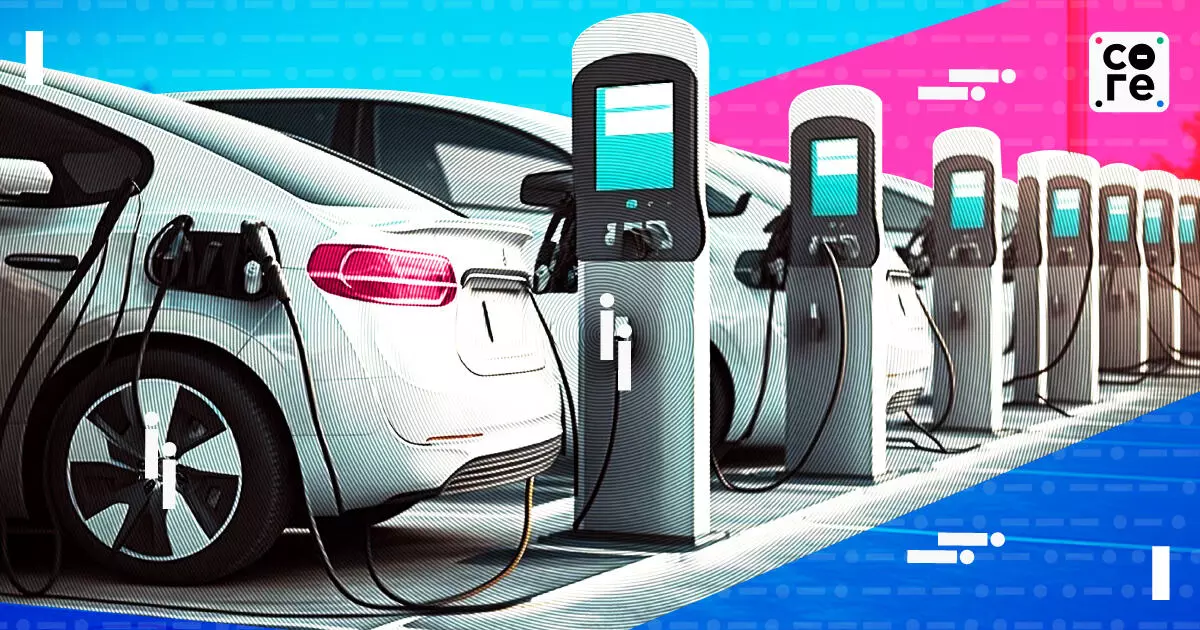Ever felt your steering wheel tremble or your whole car shake while driving?
You’re not alone — and you’re definitely not imagining it.
At Autofreak, we help car lovers stay informed and confident behind the wheel. One of the most common questions we get from drivers is: “Why is my car shaking?”
It’s an issue that can pop up out of nowhere — on the highway, while braking, or even when your car’s just idling.
Let’s break down the real reasons behind this problem and how you can fix it before it leads to something serious (and expensive).
1. Engine Problems — The Heartbeat of Your Car
If your car shakes when accelerating or idling, the issue often starts with the engine. Your car’s engine runs best when fuel, air, and spark all work in perfect balance. When any of these go off, your engine begins to struggle — and you feel it as vibration.
Common culprits:
- Worn-Out Spark Plugs:
Spark plugs ignite the fuel-air mixture that powers your engine. If they’re dirty or worn out, misfires can occur — leading to rough idling and shaking. Replace them every 80,000–100,000 miles for smooth performance. - Clogged Air Filter:
A dirty air filter restricts airflow to the engine, causing it to run unevenly. Replacing your air filter every 12,000–15,000 miles can instantly improve performance and reduce vibration.
Pro Tip: If the car shakes when stopped but runs fine while driving, it’s likely your spark plugs or air filter.
2. Brake Problems — When the Shake Comes While Stopping
When your steering wheel or brake pedal vibrates during braking, it’s time to check the brake system. This type of shaking usually points to issues with the front brakes, which handle most of the stopping power.
What to look for:
- Warped Brake Rotors:
Over time, heat and pressure can warp rotors, causing that pulsing sensation when you press the brakes. - Worn Brake Pads:
If pads wear too thin, they can’t grip evenly — leading to vibrations or squealing noises. - Sticky Calipers:
A caliper that doesn’t release properly can cause uneven pressure on the rotor.
Maintenance Tip: Have your brakes inspected every 40,000–50,000 miles or during every oil change. Catching wear early can save you from a dangerous situation later.
3. Axle or Driveshaft Problems — When the Vibration Grows With Speed
A bent axle or damaged driveshaft can cause serious vibration, especially as you speed up. This can happen if your car hits a deep pothole, curb, or is involved in a minor collision.
Also check your CV joints:
- Worn or cracked CV joints can let in dirt and moisture, leading to clicking sounds and shaking — especially while turning.
- Driveshaft issues often cause rhythmic vibrations that get worse with speed.
If you feel a deep rumble through your seat when accelerating, it’s time for a mechanic to inspect your axles and joints
4. Wheel and Suspension Problems — The Hidden Causes of Vibration
Not all shaking starts in the engine. Sometimes, it’s your wheels that are out of balance.
If your steering wheel wobbles while driving, you might be dealing with:
- Unbalanced Wheels – Can cause vibration at certain speeds.
- Bent Rims or Worn Bearings – Often result from pothole hits or curbs.
- Loose Suspension Components – Tie rods or ball joints can cause instability and shaking.
A quick wheel balancing or alignment service can often fix these issues instantly.
5. Tire Problems — The Most Overlooked Cause of Car Shaking
Your tires are literally where the rubber meets the road — and they’re often the simplest reason behind a shaky ride.
Check for:
- Uneven Tire Wear:
If tires wear unevenly, they’ll create imbalance. Rotate them every 5,000–6,000 miles. - Alignment Issues:
If your car drifts or your steering wheel shakes, a quick wheel alignment can solve it. - Tire Pressure:
Low or uneven pressure can cause shaking or poor handling.
Remember: Replacing worn or damaged tires not only smooths your drive but also improves safety and fuel efficiency.
Prevent Car Shaking With Regular Maintenance
Car vibrations rarely appear overnight — they build up over time. Following a routine maintenance schedule can help you prevent most of these issues.
Here’s what you can do:
- Get regular engine tune-ups and brake inspections.
- Rotate and balance tires periodically.
- Replace filters, fluids, and spark plugs as recommended.
- Don’t ignore small shakes or sounds — they’re your car’s early warning signs.
Final Thoughts
A shaking car isn’t just uncomfortable — it’s a sign your vehicle needs attention. Whether it’s an engine misfire, brake wear, axle bend, or wheel imbalance, the key is early diagnosis.
If you’re not sure where to start, visit a trusted certified mechanic. A quick check-up can save you from major breakdowns and keep your ride running smooth for years.
Stay Tuned With Autofreak
At Autofreak, we’re passionate about helping drivers stay informed, safe, and confident on the road.
From in-depth car reviews to practical maintenance tips — we bring you the best of the auto world, simplified.
👉 Subscribe Autofreak for more car care guides, expert comparisons, and the latest updates from the world of wheels!




